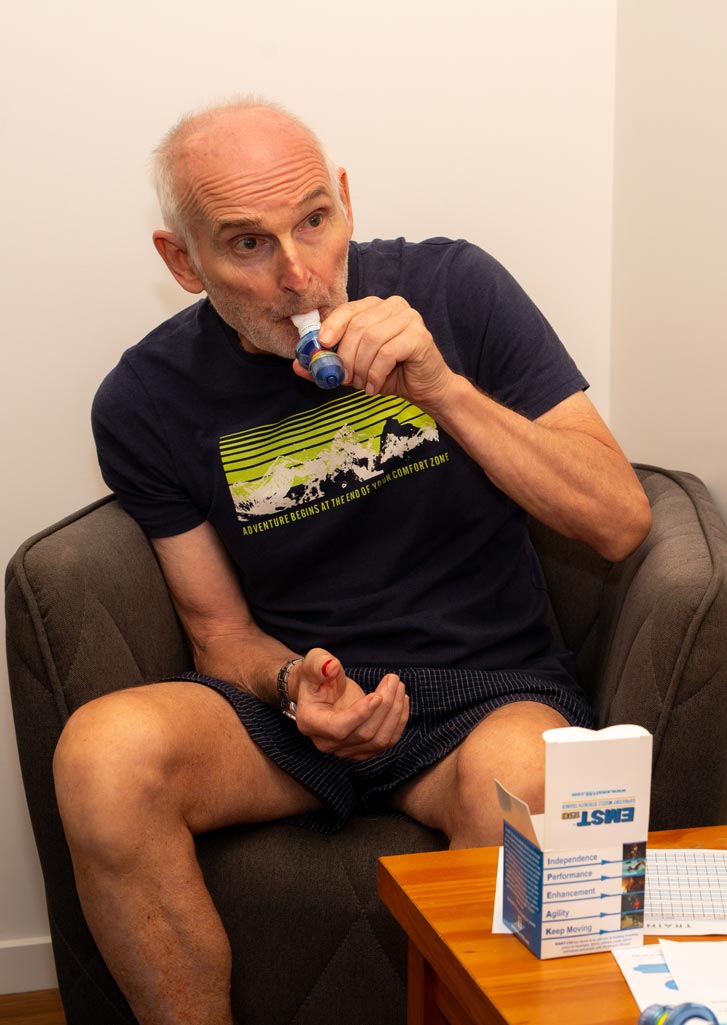
Welcome to
Northern Rivers Speech Pathology
Evidence-based Speech Pathology for adolescents and adults.
Mobile, Telehealth and in-clinic Speech Pathology appointments.
Speech. Language. Swallowing. Stuttering. Voice.

About us
We are a small speech pathology service passionate about supporting adults and adolescents (13+ years) to achieve their communication and swallowing goals. We offer in-clinic (Ballina) and telehealth appointments (Australia-wide), as well as mobile appointments in the following areas: Ballina, Lennox Head, Alstonville Lismore, Wollongbar, Byron Bay, Ocean Shores, Mullumbimby, Brunswick Heads and Tweed Heads.
Our Values
Quality service
Tailored speech pathology to ensure we can provide the most suitable and current evidence-based therapy approaches.
Genuine care
A positive and safe environment to be heard, understood and supported while achieving communication and swallowing goals.
Working together
We collaborate with our clients, their support network and clinical team to set, prioritise and accomplish functional therapy goals.
Client centred
We value authenticity and embrace diversity, customising services for each individuals’ circumstances, priorities, and goals.

Mobile, Telehealth and in-clinic Speech Pathology appointments for ages 13+
Why see a Speech Pathologist?
Speech pathologists work with people with:
- communication problems
- swallowing problems.
Speech pathologists:
- study
- assess
- work out the problem
- give advice
- give therapy
- find the right tools for you.
Communication problems include:
- speech
- language
- swallowing
- stuttering
- voice.

Bri Farrow, Speech Pathologist
Methods
How we can help

Methods
How we can help
Assessments
Communication and swallowing assessments to identify strengths and areas needing support, inform goals and therapy approach and assist in multi-disciplinary diagnosis and treatment.
Individual Therapy
Individual therapy sessions targeted at achieving client’s unique goals. We work collaboratively with clients and their support network to set and achieve realistic and functional therapy goals, with real life application.
Communication Partner Training
Education, training and support for caregivers and communication partners. Commonly used for people with Aphasia, Dementia and Traumatic Brain Injury.
Groups
Group sessions for Aphasia and Parkinson’s Disease will be available soon. These groups provide an opportunity for social engagement, maintenance of therapy outcomes and ongoing support of others with similar experiences.
Education and training
Groups or individual sessions for support staff, family, friends, carers or organisations wishing to learn how to support an individual with swallowing or communication difficulties. Specific techniques and strategies, information and opportunity to workshop individual questions.
Reports
Written reports include: Assessment reports, Progress reports, NDIS plan review reports and Assistive Technology reports
Frequently asked questions
FAQ
Do I need a referral from my doctor?
No! You can refer yourself or a referral can be made by a doctor, other allied health professional, NDIS/Aged Care Coordinator or supporting person (eg. family, friend, support workers).
If you are funded through Department of Veterans Affairs, you will need a referral from your GP.
How long will my appointments be?
Appointments are generally 45-60 minutes in duration. Initial assessment sessions may be up to 90 minutes.
How many sessions will I need?
The recommended number of sessions, frequency of sessions and length of sessions will be determined by your speech pathologist’s assessment of your needs, as well as consideration of your preferences and personal situation.
How do Telehealth (online) appointments work?
Telehealth appointments are very similar to face-to-face appointments. You will have a scheduled appointment that is accessed via a link sent to your email so you can be in the comfort of your own home. You and your therapist will be able to see and hear each other in real time. The same high quality, evidence-based assessments and treatments can be delivered over these video sessions.
What equipment do I need to do Telehealth (online)?
You will need a good/reliable internet connection and a computer or tablet.
